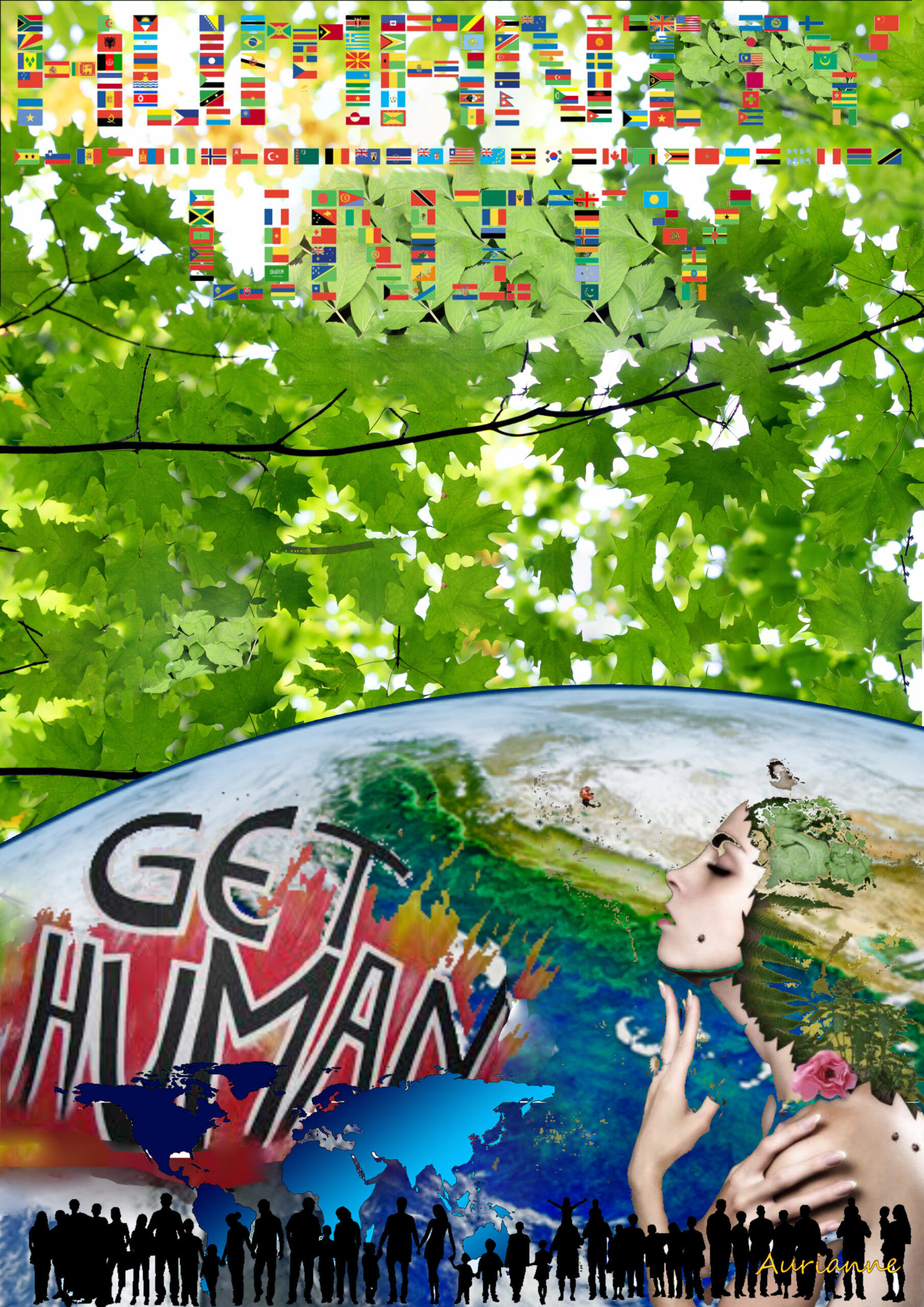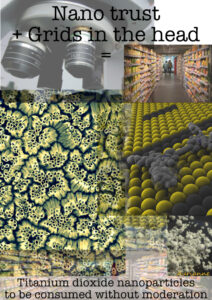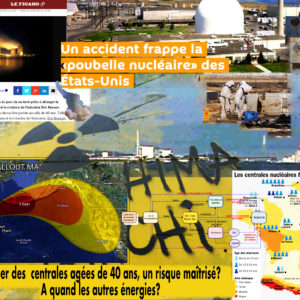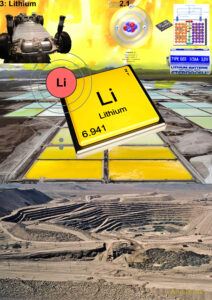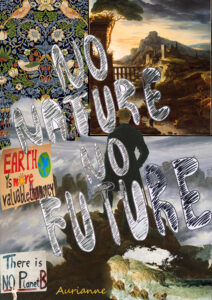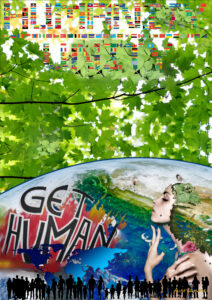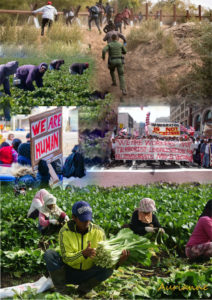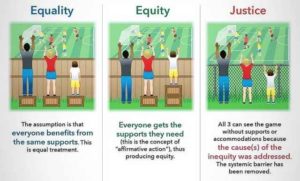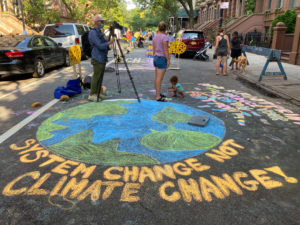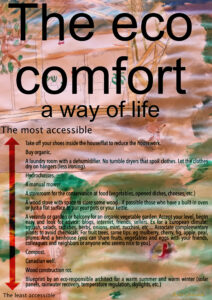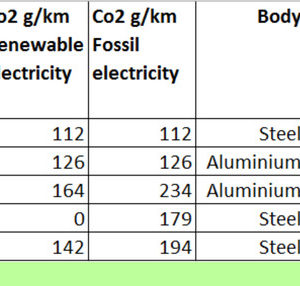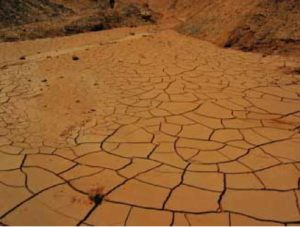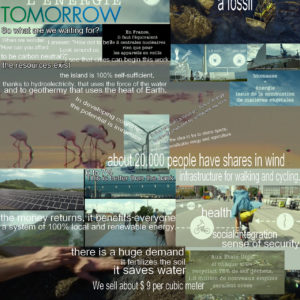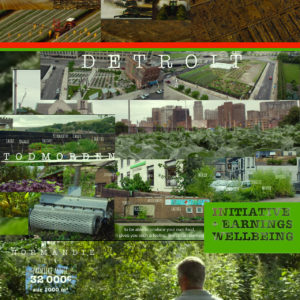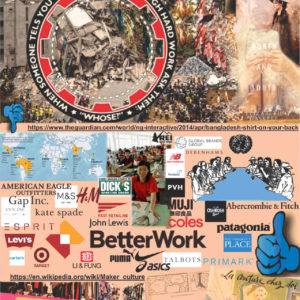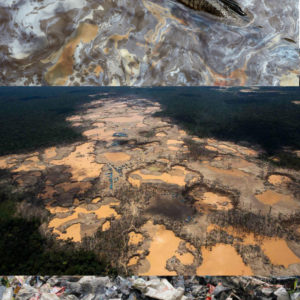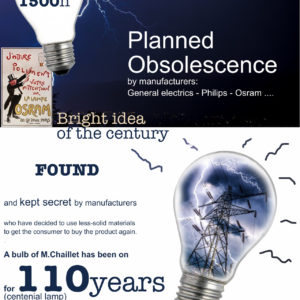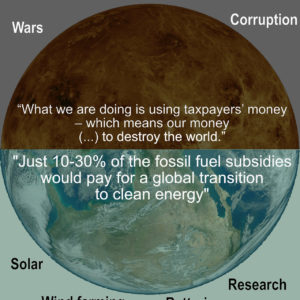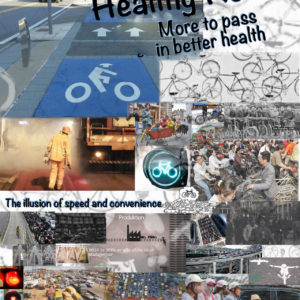We’re hearing about a whole range of ecological measures.
We need to buy eco-friendly cleaning products, insulate our homes, change our boilers and have a Canadian well, buy less plastic, sort our waste, drive eco-friendly cars, limit our speed on the roads, do not fly, limit our water consumption when we shower or flush the toilet, limit your consumption of concrete, have a compost in our garden, limit our consumption of meat, use Aleppo soap and limit our consumption of sun creams, use a solar oven, invest in ecological energy (wind turbines, photovoltaic panels, hydroelectric plants), buy second-hand. Electricity, oil and food prices are rising under the pretext of ecology.
Mining, lithium extraction, nuclear power plant waste, large factories, construction, petroleum, intensive agriculture (soil pollution, exorbitant water consumption) and so on. Multinationals pollute far more than private individuals, and are not subject to any ecological measures to limit their pollution. The world’s richest people, especially via multinationals, are responsible for the world’s biggest ecocides: they destroy forests such as the Amazon rainforest, pollute rivers, destroy the seabed, impose conditions on farmers such that they destroy the land, which is in danger of becoming sterile due to the use of chemicals, and mistreat animals. What’s more, chemicals such as pesticides are causing the extinction of entire animal species. They should be judged internationally, not according to the laws they decide at national level in each country.
Some sectors, such as agriculture and construction, are even subsidized. Others even receive the Legion of Honor (e.g. Total).
Revealed: the 20 firms behind a third of all carbon emissions – The Guardian: https://www.theguardian.com/environment/2019/oct/09/revealed-20-firms-third-carbon-emissions
90% of industrial pollution comes from manufacturing things: housing, vehicles and clothing. Obsolescence, changing standards that force people to equip themselves, and the use of consumption as a status object are all very harmful.
How Buying Stuff Drives Climate Change – Columbia University – Columbia Climate School: https://news.climate.columbia.edu/2020/12/16/buying-stuff-drives-climate-change/
The measures mentioned at the beginning are useful for preserving the environment and limiting consumption, but they are minor measures compared to those that should be taken on a global scale.
How companies blame you for climate change – BBC: https://www.bbc.com/future/article/20220504-why-the-wrong-people-are-blamed-for-climate-change
But most of the pollution is still to come. Developing countries want factories, energy, cars and meat. If we don’t help them, this will happen with highly polluting coal-fired plants, petroleum and intensive agriculture (sometimes carried out in deserts, which sucks up all the water the population needs). We need to look at ecology on a global scale, and not just take measures in developed countries, otherwise the ozone layer will suffer and the air will become unbreathable.
“If left unchecked, climate change will cause average global temperatures to increase beyond 3°C, and will adversely affect every ecosystem. Already, we are seeing how climate change can exacerbate storms and disasters, and threats such as food and water scarcity, which can lead to conflict. Doing nothing will end up costing us a lot more than if we take action now.” Goal 13: Take urgent action to combat climate change and its impacts – ONU: https://www.un.org/sustainabledevelopment/climate-change/
We must help developing countries to develop in a way that is healthy for humanity.
This is difficult. It’s not a question of sending money, because experience shows that the money would be diverted to corrupted individuals. It means that having people on the ground to check that the ecological work is being done is necessary. People need to be educated about ecology and given the means to put ecological measures in place. For developing countries to become low-emission countries like those in Europe, $2,400 billion a year would be needed. At present, fossil fuel subsidies total $5,000 billion a year. Switching to renewable energies would cost half as much as maintaining fossil fuels. António Guterres, attacked the use of subsidies in May 2024, declaring, “What we are doing is using taxpayers’ money – which means our money – to boost hurricanes, to spread droughts, to melt glaciers, to bleach corals. In one word – to destroy the world”. Taxes subsidize the destruction of the planet instead of saving it. This is one of the topics to be discussed at COP 29 from November 11 to 22, 2024.
Money, money, money: Financing plans for the climate transition – i4ce: https://www.i4ce.org/en/publication/financing-transition-multi-scale-challenge-climate/
After Bonn and towards COP 29: the battle on finance and the role of financing plans for the transition – i4ce: https://www.i4ce.org/en/after-bonn-towards-cop29-battle-finance-role-financing-plans-transition-climate/
How do we rein in the fossil fuel industry? Here are eight ideas – The Guardian: https://www.theguardian.com/environment/2019/oct/14/how-rein-in-fossil-fuel-industry-eight-ideas
Global Fossil Fuel Subsidies Remain Large: An Update Based on Country-Level Estimates – IMF: https://www.imf.org/en/Publications/WP/Issues/2019/05/02/Global-Fossil-Fuel-Subsidies-Remain-Large-An-Update-Based-on-Country-Level-Estimates-46509
China and Russia invest in developing countries without any ecological conscience. We need to be diplomatic with these countries to get them to take ecology into account.
Translated with DeepL.com (free version)

